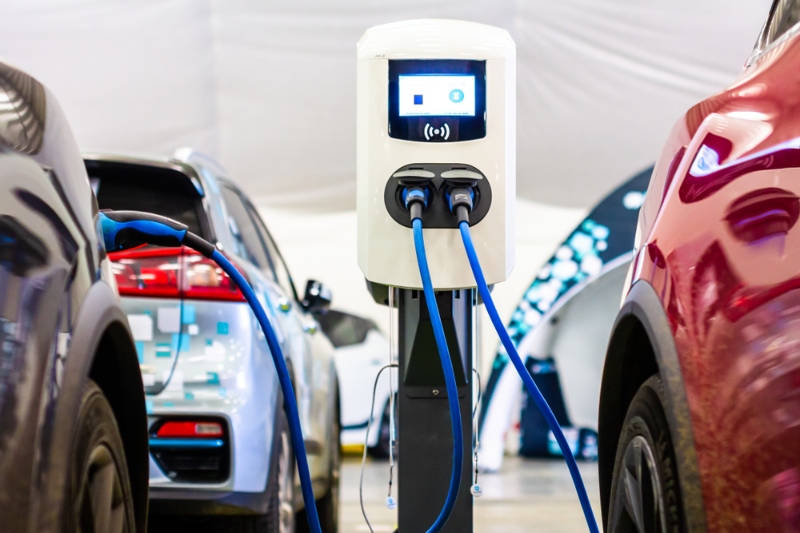Only a quarter of local authorities in the UK have published electric vehicle (EV) transition strategies, a freedom of information (FOI) request has revealed.


FOI requests carried out by the FairCharge campaign show that only 28% of local authorities have published EV transition strategies, with a further 23% in the process of devising a strategy.
The Government’s EV Infrastructure Strategy, which was published on the 25 March, said the Government would ‘[put] an obligation on local authorities (subject to consultation) to develop and implement local charging strategies to plan for the transition to a zero emission vehicle fleet.’
The Strategy also stated: ‘Local leadership is essential to creating new investment opportunities and inspiring local confidence in EVs. An actual or a perceived lack of sufficient supply can reduce people’s willingness to switch. Without consistent prioritisation of charging infrastructure deployment across the country, some areas are at risk of being left behind.’
FairCharge spokesperson and former Top Gear presenter Quentin Willson commented: ‘The figures revealed from councils in our freedom of information requests are extremely worrying.
‘BEIS [Department for Business, Energy and Industrial Strategy] and DfT [Department for Transport] say that local authorities are best placed to consider local needs, and this of course is true, but we can see today that without a big role for central Government in supporting councils, there is a real chance that much of country will be left behind in terms of public charging infrastructure. Councils clearly need to up their game too, but their needs to be direction and oversight from central Government.
‘The figures are so concerning because they mean that many people – such as those without driveways – will be hindered from taking part in the EV revolution. This is simply unfair, and will hold us back in our efforts to decarbonise transport. Our FairCharge campaign is seeking to ensure the benefits of EVs are felt by all.
‘The Government should waste no time in placing a statutory duty on local authorities to produce EV transition strategies.’